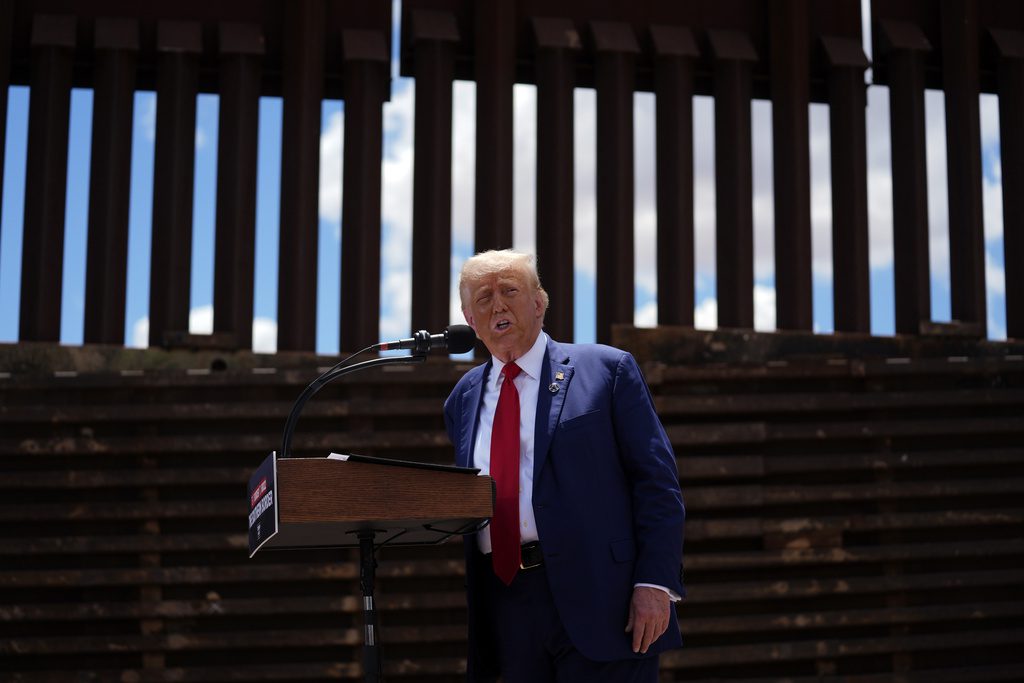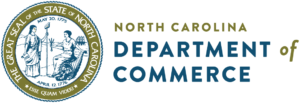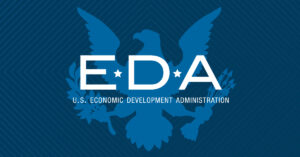Economists Warn Trump’s Economic Plans Could Spike Inflation
Donald Trump confidently claims that electing him as President again will cause inflation to “vanish completely.” Americans frustrated by recent price hikes find this message appealing. However, mainstream economists argue that his proposals, including hefty tariffs on imports, mass deportations, and influencing Federal Reserve policies, could exacerbate inflation.
In June, 16 Nobel Prize-winning economists signed a letter warning that Trump’s policies could “reignite” inflation, which has dropped since peaking at 9.1% in 2022 and is now nearing the Fed’s 2% target. The Peterson Institute for International Economics predicted that Trump’s proposals would lead to a significant increase in consumer prices two years into his term.
Meanwhile, Vice President Kamala Harris’s economic strategies, such as her plan to combat price gouging, are criticized for being ineffective against inflation but are deemed less inflationary than Trump’s proposals. Moody’s Analytics found that Harris’s policies would not significantly alter inflation rates, while Trump’s plans could raise them by 1.1 percentage points in 2025 and 0.8 in 2026.
Tariffs and Their Impact on Consumers
Trump’s economic strategy heavily relies on tariffs. He asserts that tariffs protect U.S. jobs and offer various benefits. During his presidency, Trump engaged in a trade war with China, imposing tariffs on numerous Chinese products. He now proposes a 60% tariff on all Chinese goods and a universal tariff of up to 20% on other imports.
Contrary to Trump’s claims, U.S. importers pay these tariffs and typically pass the costs onto consumers, leading to higher prices. With reduced competition, domestic producers may also increase their prices. Kent Smetters of the University of Pennsylvania stated, “There’s no question that tariffs are inflationary.”
Immigration Policies and Inflation
Trump’s pledge for the “largest deportation operation” in U.S. history targets millions of undocumented immigrants. Recent immigrant surges have eased inflation by increasing the labor supply, reducing the pressure on wages, and helping prevent a recession. According to the Congressional Budget Office, net immigration reached 3.3 million in 2023, aiding labor shortages. The Peterson Institute estimates that Trump’s mass deportations could increase inflation by 3.5 percentage points by 2026.
Federal Reserve Independence and Its Role
Trump’s intention to influence the Federal Reserve’s interest rate decisions alarms economists. The Fed manages inflation by adjusting interest rates, but political interference could hinder its efforts. During his presidency, Trump pressured Fed Chair Jerome Powell to lower rates, a move reminiscent of past actions that led to inflation in the late 20th century. The Peterson Institute report suggests that compromising the Fed’s independence could consistently increase inflation by 2 percentage points annually.





